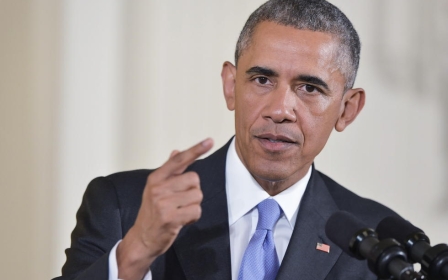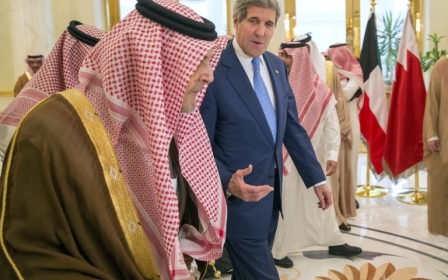US top scientists praise Iran deal in letter to Obama

More than two dozen accomplished US scientists, among them nuclear researchers and Nobel prize winners, praised the Iran nuclear deal in a letter to President Barack Obama on Saturday, hailing it as a major security achievement.
In a two-page letter given to the New York Times, the scientists claim the Iran deal "will advance the cause of peace and security in the Middle East and can serve as a guidepost for future nonproliferation agreements".
The scientists gave high approval to technical aspects of the deal, emphasizing its verification and investigation processes.
The Iran accord, they add, has "more stringent constraints than any previously negotiated nonproliferation framework".
Twenty-nine people signed the letter. Many are physicists with top level military security clearances or have advised Congress on scientific policy.
Among those who signed are Nobel laureates Leon Cooper of Brown University; Sheldon Glashow of Boston University; David Gross of the University of California, Santa Barbara; Burton Richter of Stanford; and Frank Wilczek of the Massachusetts Institute of Technology.
Britain, France, Germany, Russia, China and the United States signed an agreement last month with Iran aimed at ensuring Tehran does not acquire a nuclear bomb, in return for relief from crippling sanctions.
As part of the deal, the International Atomic Energy Agency will have to verify that Iran does indeed scale down its facilities, clearing a path towards ending UN, US and EU sanctions.
The White House has engaged in an intense campaign to convince sceptical members of the Republican-controlled Congress to back the deal.
Middle East Eye propose une couverture et une analyse indépendantes et incomparables du Moyen-Orient, de l’Afrique du Nord et d’autres régions du monde. Pour en savoir plus sur la reprise de ce contenu et les frais qui s’appliquent, veuillez remplir ce formulaire [en anglais]. Pour en savoir plus sur MEE, cliquez ici [en anglais].




